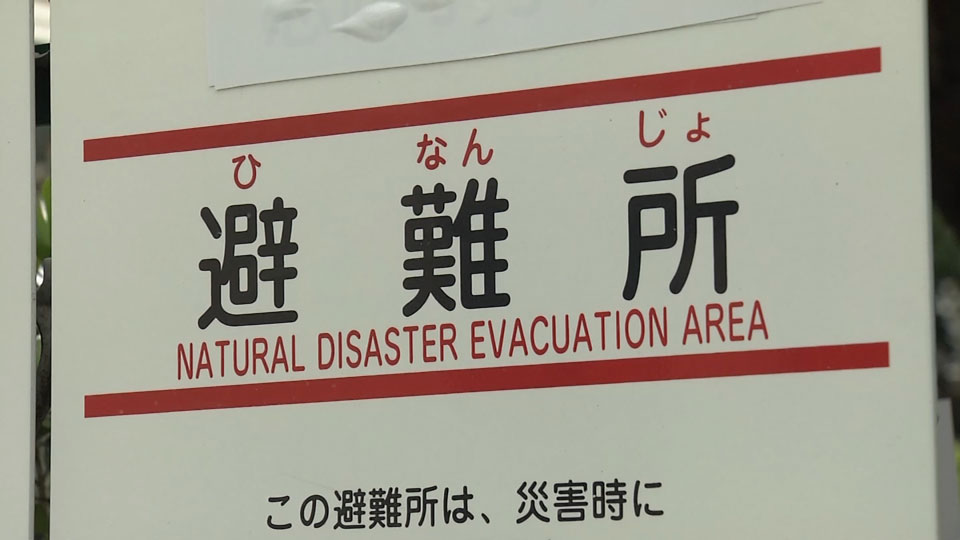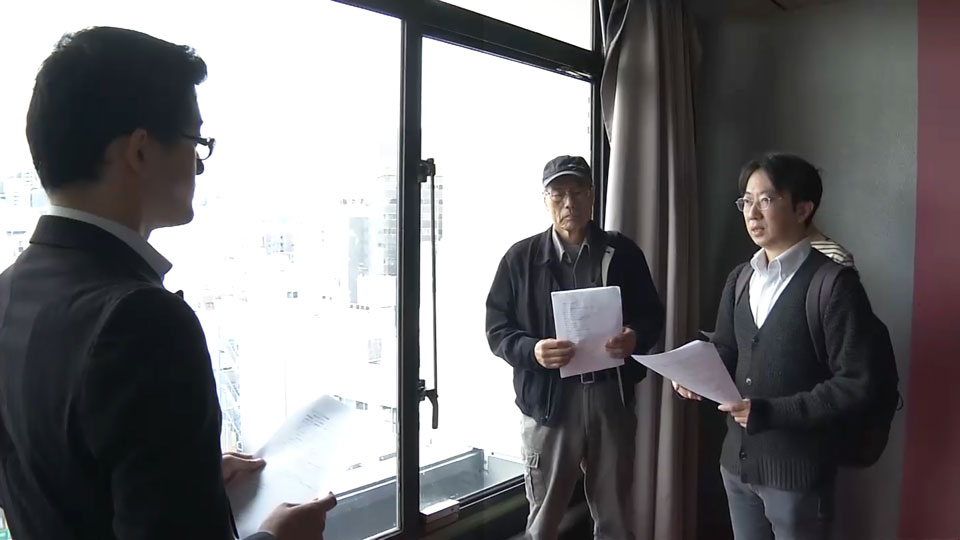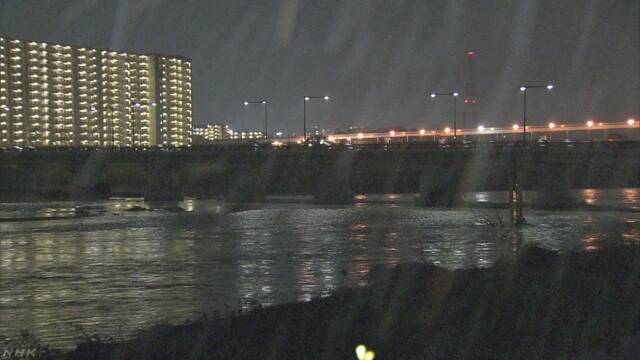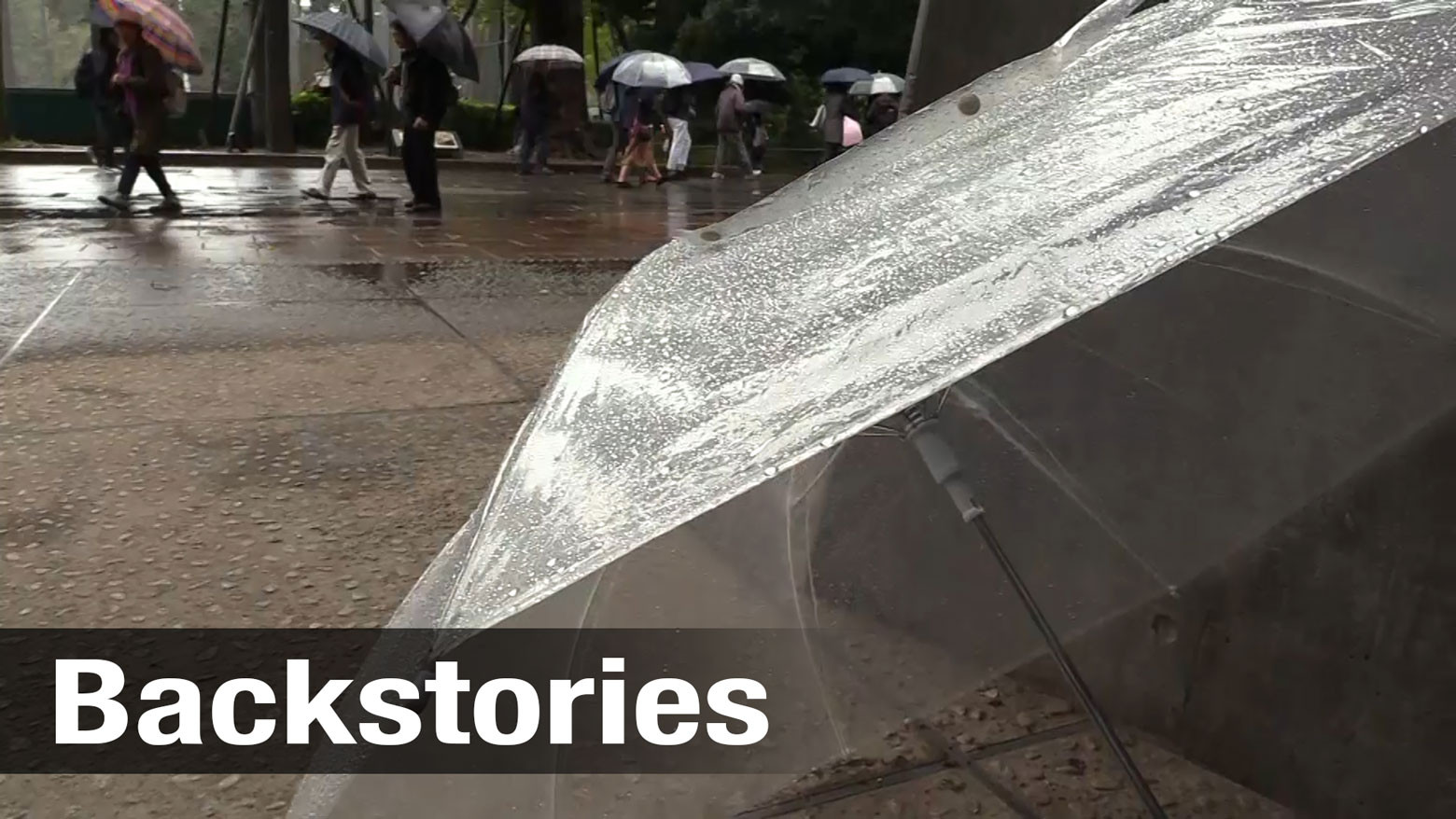"The evacuation center is only for registered residents"
A 60-year-old homeless man near Ueno station in Taito Ward, Tokyo, hurried to an emergency shelter before the typhoon. But he was denied entry. He is from Hokkaido Prefecture and was told the evacuation center was only for registered residents. With nowhere to go, he was forced to brave the storm with only an umbrella. He fell ill and was hospitalized for a week.

In addition to the emergency shelter for registered residents, the ward opened two facilities for foreign and domestic travelers. Ten people spent the night at one and the other was completely empty. Despite this, homeless people were not advised to go to either facility.
In total, three homeless people throughout the ward were denied shelter during the typhoon.
Taito is home to major tourist attractions like Asakusa Street, Sensoji Temple and Ueno Park. The municipal office and local business associations have been making efforts to help foreign travelers. Ever since the 2011 Great East Japan Earthquake, the ward does an annual drill to prepare for disasters. However, how to help the homeless is not part of the exercise.
"We should respect the basic human rights of disaster victims."
Members of a civic group gathered at the Taito ward office to protest. They say the denial of shelter violated the principle of protecting lives as laid out in national law.

The issue was brought up at an assembly meeting on the same day. Taito mayor Yukuo Hattori apologized for the poor judgment of the ward officials, and promised that his office would come up with measures to deal with such incidents.
Emergency shelters were also brought up for debate in the Diet.
"We should respect the basic human rights of disaster victims and provide necessary facilities for them," Yuko Mori of the Democratic Party for the People said. "That's a basic principle."
"I think it would be desirable for each evacuation center to properly accept all people," Prime Minister Shinzo Abe said. "We will examine what really happened with the local governments and take appropriate measures."
"Difficulties of evacuation process"
Hino City in Tokyo deploys public officials to talk to each homeless person individually and tell of the locations of shelters. Before Typhoon Hagibis, the city informed homeless people of a shelter at a fire station and advised prompt evacuation.
Despite these efforts, a man in his seventies believed to be homeless was found dead two days later by the Tama River. Investigators say he was possibly swept away after the river burst its banks.

"This is difficult because we can advise them to evacuate but we can't force them," the Hino official in charge of evacuation measures said. "And while we were able to talk to every homeless person under our jurisdiction, that's because there are only seven of them. Whether local governments are able to implement the appropriate measures depends on how many homeless people are in their areas."
There are more than 60 homeless people in Taito Ward.
Shinjuku has more than 110 and Shibuya has about 60.
Typhoon Hagibis also caused the drowning death of a 67-year-old man believed to be homeless in Saitama Prefecture. He was found in an irrigation ditch alongside the Arakawa River.
Homeless people are among the most vulnerable in society and already face a struggle to make it day by day. These incidents lay bare that at times of disaster, they face the additional struggle of simply surviving. It remains to be seen whether the government will be able to implement measures to help them.

